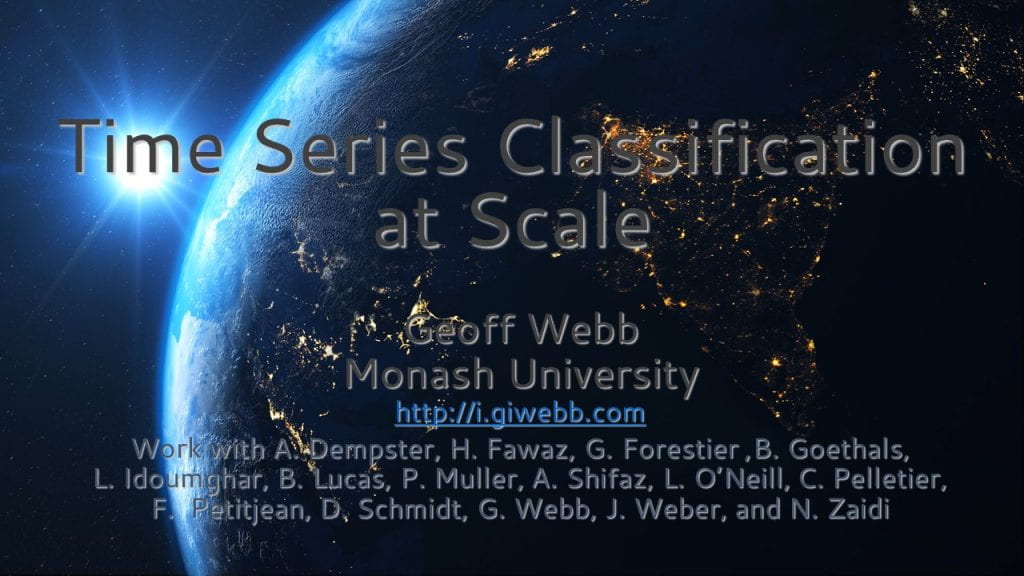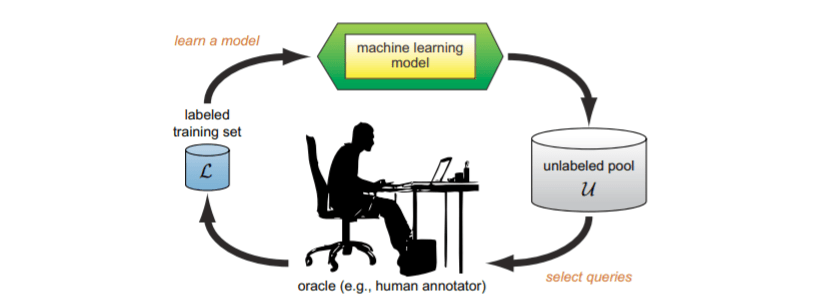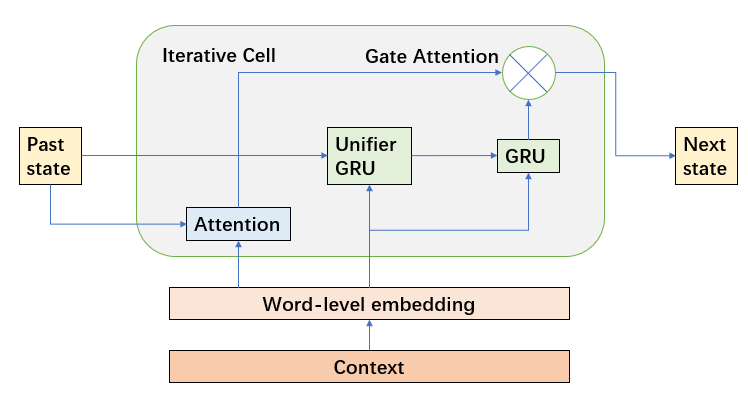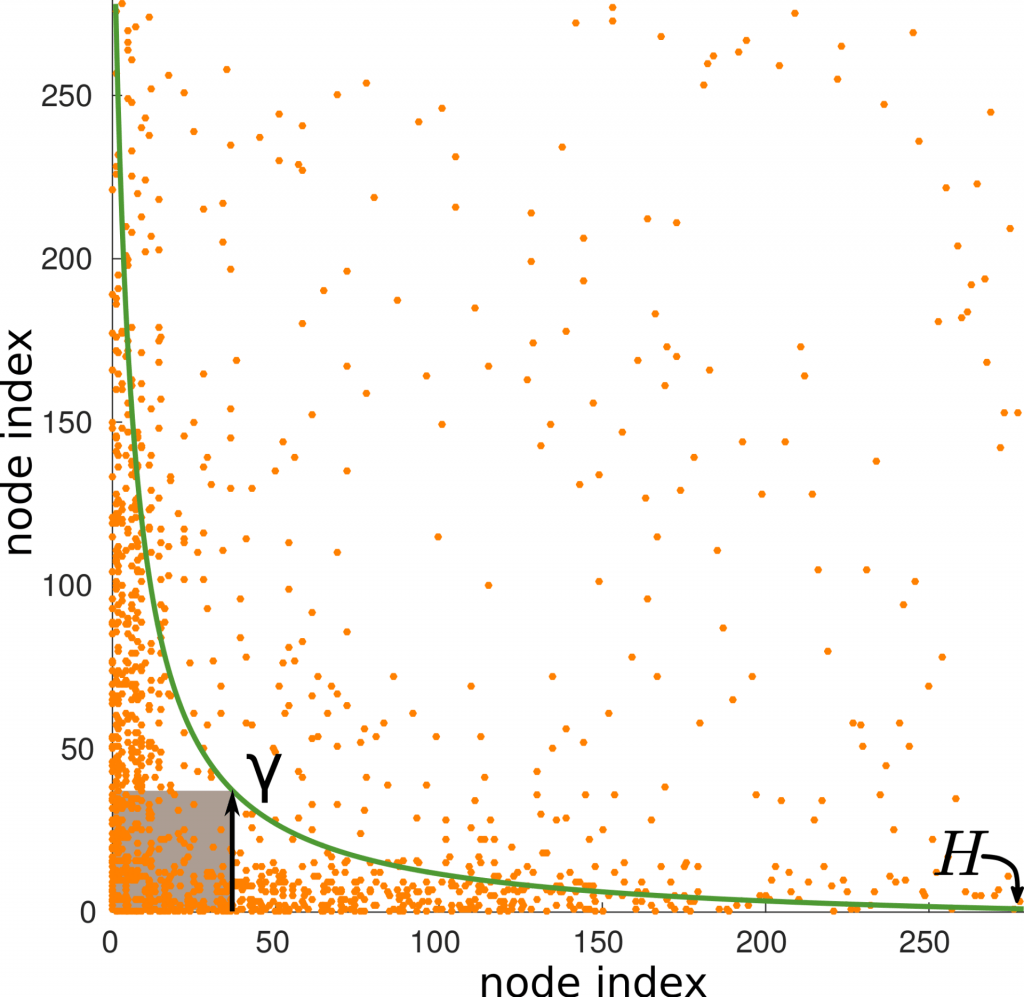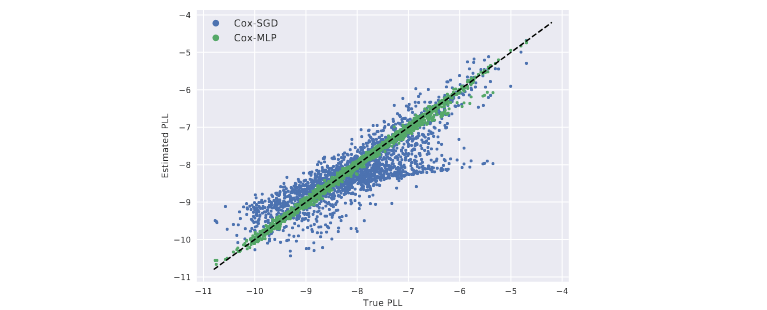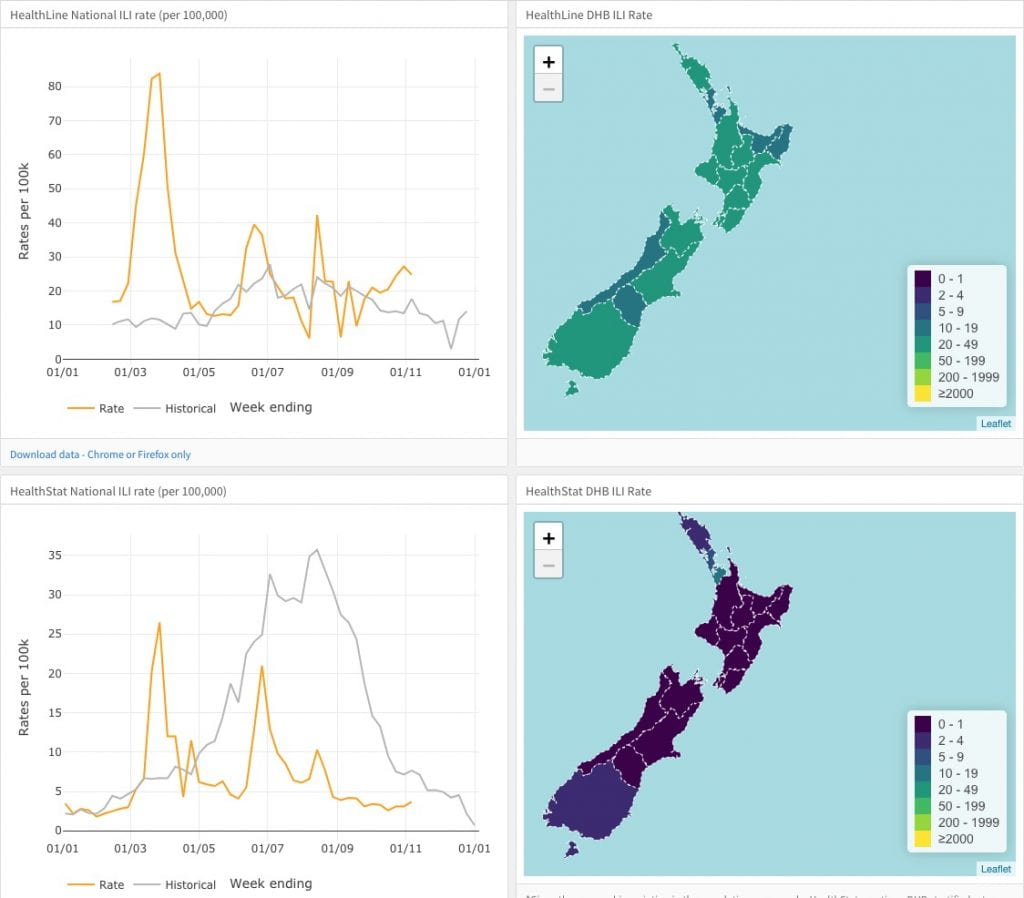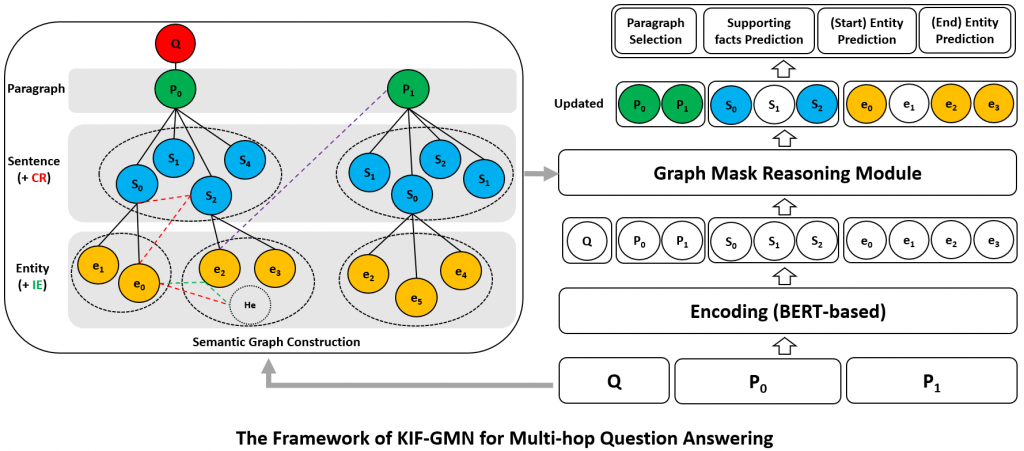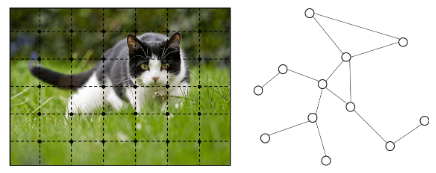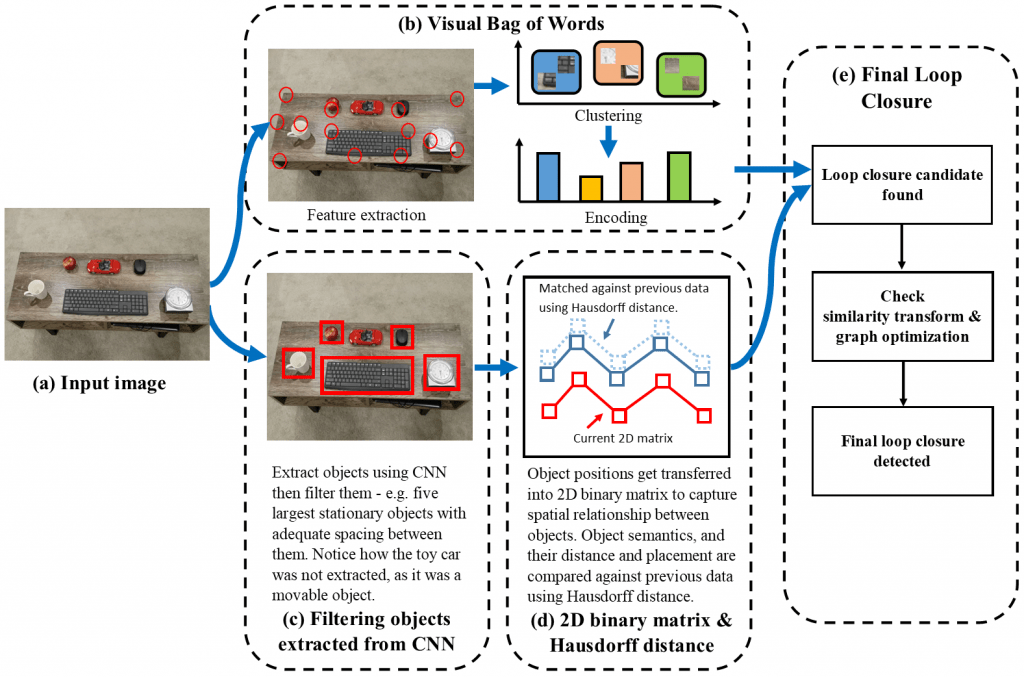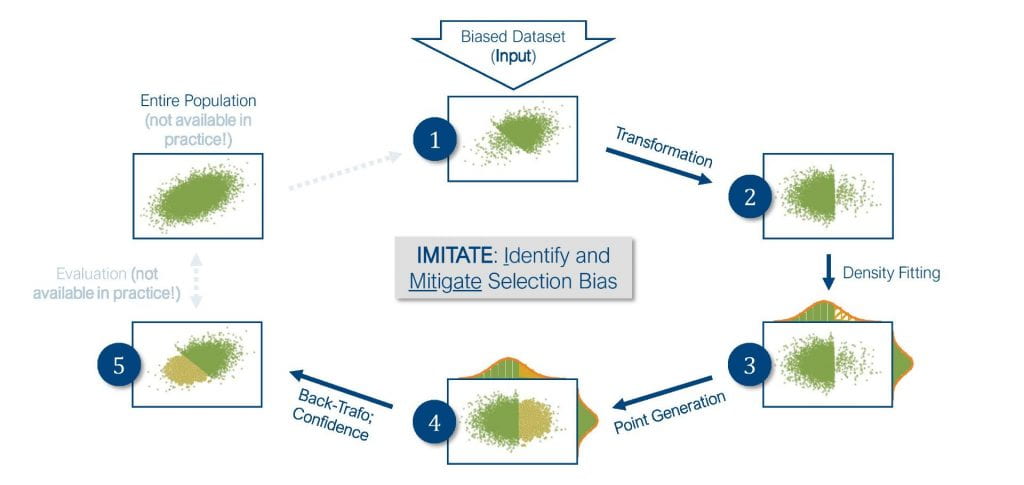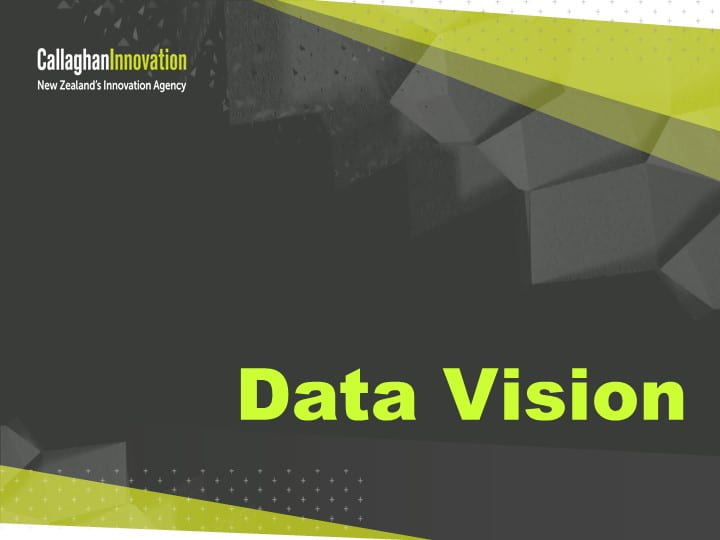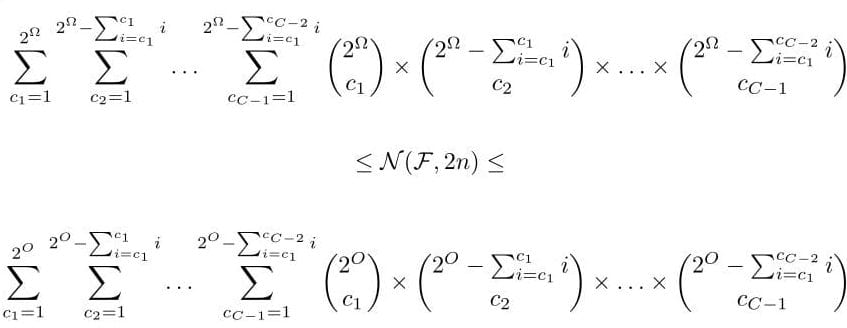
News
AI Reading Group 05/27/21: Evaluating Saliency Methods for Neural Language Models
Saliency methods are widely used to interpret neural network predictions, but different variants of saliency methods often disagree even on the interpretations of the same prediction made by the same model. In these cases, how do we identify when are these...
ML Student Seminar May 20 2021: Multivariate Sequential Analytics for Long-term Chronic Condition Management
Speaker: William Hsu, PhD student, supervised by Jim Warren and Pat Riddle Abstract: Chronic conditions place a considerable burden on modern healthcare systems. Within New Zealand and worldwide cardiovascular disease (CVD) affects a significant proportion of the...
AI Reading Group 05/13/21: Active Learning Literature Survey
The key idea behind active learning is that a machine learning algorithm can achieve greater accuracy with fewer training labels if it is allowed to choose the data from which it learns. An active learner may pose queries, usually in the form of unlabeled data...
ML Student Seminar May 6 2021: From Symbolic Logic Reasoning to Soft Reasoning: A Neural-Symbolic Paradigm
Speaker: Qiming Bao, PhD student, supervised by Jiamou Liu and Michael Witbrock Abstract: Combining deep learning with symbolic reasoning aims to capitalize on the success of both fields and is drawing increasing attention. However, it is yet unknown how much...
AI Reading Group 04/29/21: Time-to-Event Prediction with Neural Networks and Cox Regression
New methods for time-to-event prediction are proposed by extending the Cox proportional hazards model with neural networks. Building on methodology from nested case-control studies, we propose a loss function that scales well to large data sets, and enables fitting...
ML Student Seminar Apr 22 2021: Domain Adaptation and Bias Mitigation for Regional Varieties of Languages
Speaker: Annie Lu, PhD student, supervised by Yun Sing Koh, and Joerg Wicker Abstract: Regional varieties of languages such as dialects have proved to have different syntactic and semantic features in the linguistics discipline. However, these dialects have low...
AI Reading Group 15/Apr/2021: Adversarial Precision Sensing with Healthcare Application
For many real-world tasks obtaining a complete feature set is prohibitively expensive, especially in healthcare. Specifically, physicians must constantly balance the trade-off between predictive performance and cost for which features to observe. In this paper we...
ML Student Seminar Apr 8 2021: A Novel Approach for Time Series Forecasting of Influenza-like Illness Using a Regression Chain Method
Speaker: Nooriyan Poonawala-Lohani, PhD student, supervised by Mehnaz Adnan, Pat Riddle, and Joerg Wicker Abstract: Influenza is a communicable respiratory illness that can cause serious public health hazards. Due to its huge threat to the community, accurate...
ML Student Seminar Mar 25 2021: Multi-hop reasoning for QA, based on Knowledge and Information Fusion in Graph Mask Networks
Speaker: Zhenyun Deng, PhD student, supervised by Michael Wittbrock, and Pat Riddle Abstract: Multi-hop question has become an important challenge in reading comprehension (RC) because it requires integrating information from scattered texts across multiple...
Adversarial Learning: Robust and Reliable Machine Learning Models
Kia Ora! I am Luke Chang and I am passionate about building more reliable machine learning models, an artificial intelligence people can trust. I started my machine learning journey by designing a transmission controller for an engine in my third-year undergraduate...
AI Reading Group 03/18/21: Statistical Comparisons of Classifiers over Multiple Data Sets
While methods for comparing two learning algorithms on a single data set have been scrutinized for quite some time already, the issue of statistical tests for comparisons of more algorithms on multiple data sets, which is even more essential to typical machine...
AI Reading Group 04/01/21: Graph Neural Networks: A Review of Methods and Applications
Lots of learning tasks require dealing with graph data which contains rich relation information among elements. Modeling physics system, learning molecular fingerprints, predicting protein interface, and classifying diseases require a model to learn from graph...
Knowledge-Driven Text Generation
I am Beryl Qi and my research topic is ‘Knowledge-Driven Text Generation’. Natural language generation (NLG) is an important research direction in the field of natural language processing. This technology can be applied to various information processing tasks, such...
Identification and Mitigation of Selection Bias
Kia Ora! I am Katharina Dost, a PhD student in my second year with the School of Computer Science. My research topic is “Identification and Mitigation of Selection Bias” and I would like to use this post to talk about my research and my experiences, so read on! Our...

